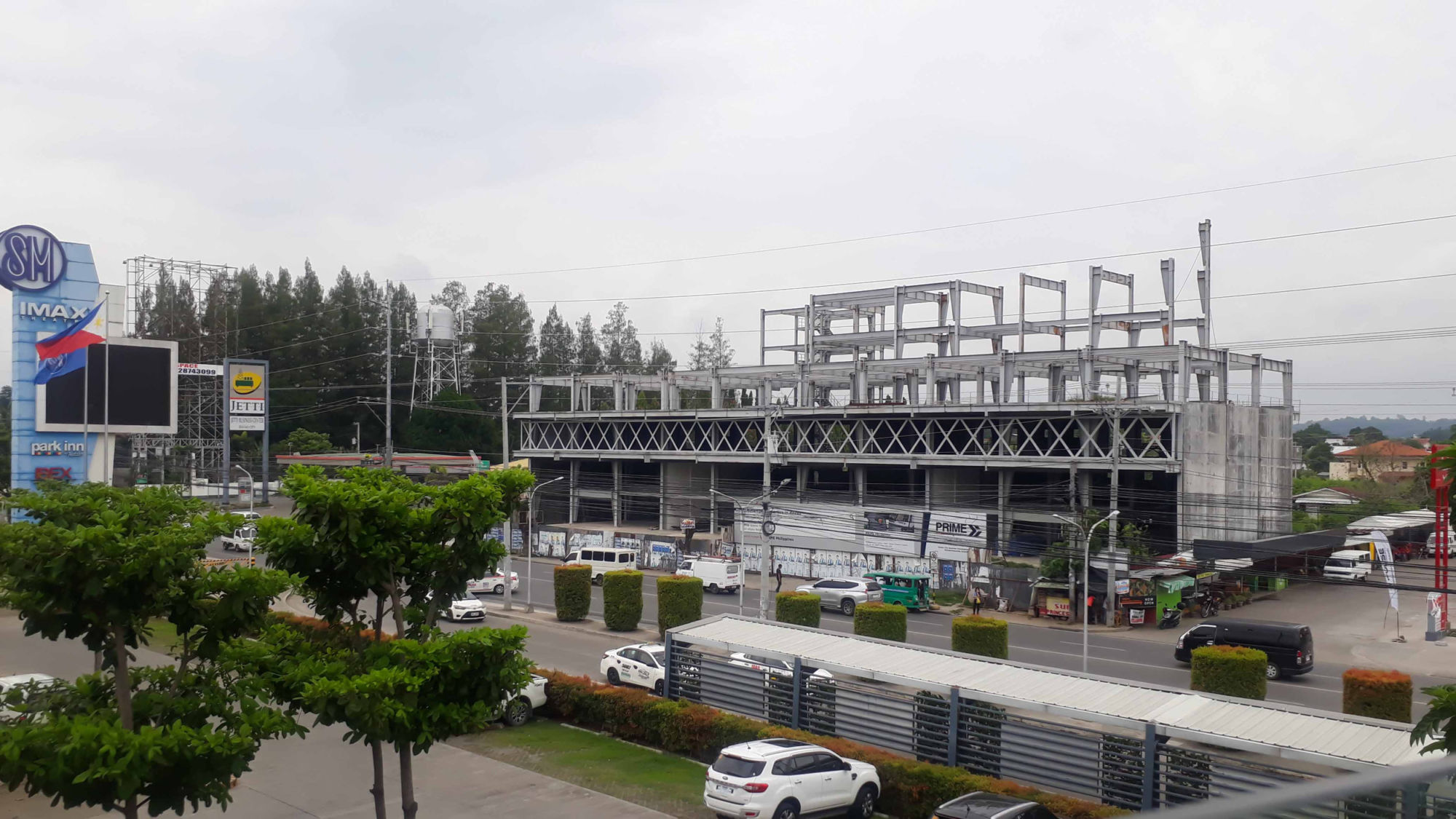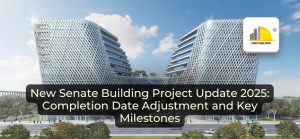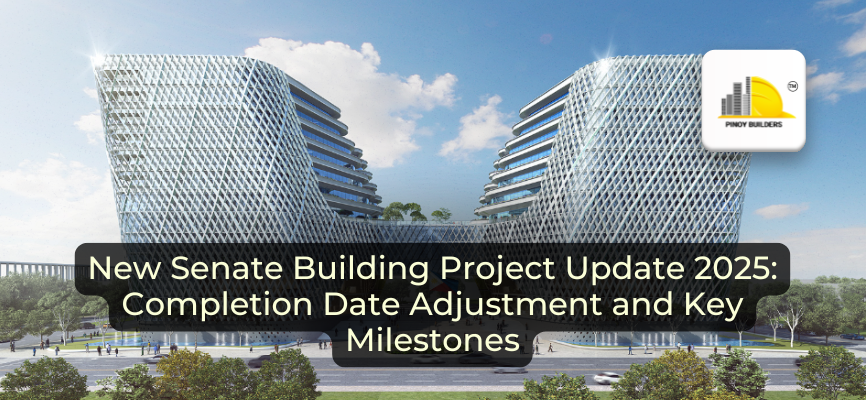The Philippines’ construction industry has had its fair share of troubles due to the COVID-19 outbreak. As life in under general community quarantine (GCQ) settles in, construction firms and companies in the country are expected to secure the safety of all their worksites.
Sharing their thoughts on present-day matters is the Davao Constructors Association Center, Inc (DCACI), a veteran organization in the industry and one of Southern Mindanao’s leading construction groups. They believe that with the guidelines set for resuming construction projects in GCQ areas, the industry can get through the effect of the pandemic.
On COVID-19, SARS, and the Asian Financial Crisis
While marred by historic socioeconomic events, these are of no comparison to the effect of the coronavirus pandemic. The DCACI says it is worse than the Asian Financial Crisis of 1997 and the SARS epidemic combined, considering the lengths it took for countries to deter the spread and flatten the curve.
As of June 12, 2020, the number of cases in the Philippines has reached 24,175.
The pandemic has resulted in a severe drop in economic growth and an increase in reported files for bankruptcies and bailouts worldwide. The main difference between COVID-19 and other events is that the coronavirus actively threatens physical contact, which most businesses depend on for their trade or profession.
Although some have found ways of operating their business through digital means, others such those in aviation, construction, tourism, and apparel trade were forced to either scale down or shut down temporarily.
[content-lock]
On Lowered Expectations and Recovery
By now, many are already aware of the basics of working with social distancing. But what companies and firms are not sure of is how much this will cut into a project’s progress. From DCACI’s perspective, a general slowdown is inevitable. Priorities will shift depending on the present-day climate. Among the numerous factors affecting the efficiency of the construction sector include:
-
New age limits for work qualification
-
Social distancing and workplace sanitation protocols
-
Daily news announcements
-
State of quarantine for different areas
Besides these, they also believe that there will be a lot of canceled infrastructure projects this year, specifically those deemed non-essential.
The construction industry is essential to the country, but to get back on its feet, it will need the help of the government to recover from the losses of the first half of 2020.
On Continued Development Needs
DCACI is confident that the construction sector will push through and endure in spite of difficulties. For its continued development, it will need the cooperation of businesses essential to its operations. This includes manufacturing companies and delivery services.
A benefit of the resumption of projects is its ability to provide more jobs for Filipinos. While firms are expecting challenges that may affect development, the only way to progress is to keep going rather than waiting out the storm.
Their Advice for Struggling Companies
The organization advises companies to be patient, considerate, and supportive of a healthier lifestyle. They are positive that the country will overcome this public health crisis. A vaccine will eventually be created, but until then, everyone is encouraged to make the best out of their situations. The best way to move forward is to stay positive, be prepared, and never underestimate the effectiveness of general safety protocols.
![]()









